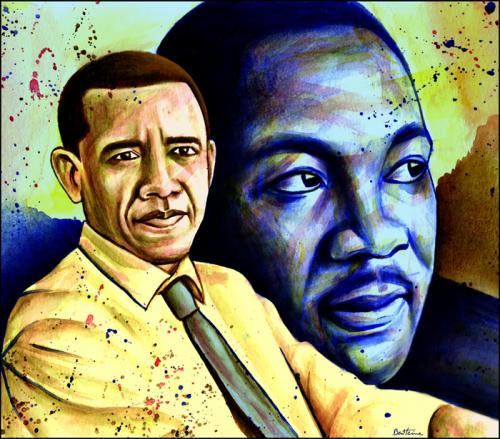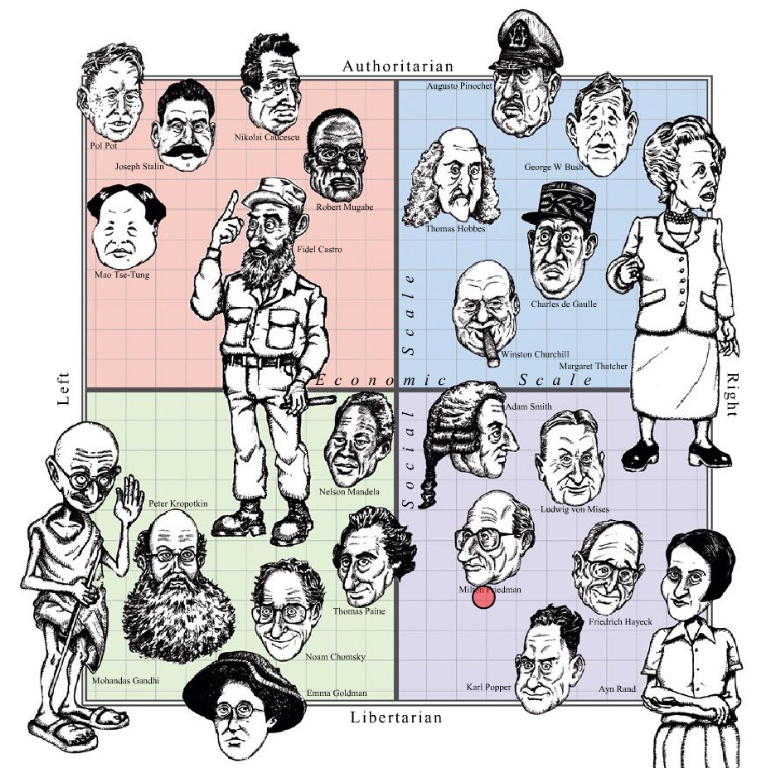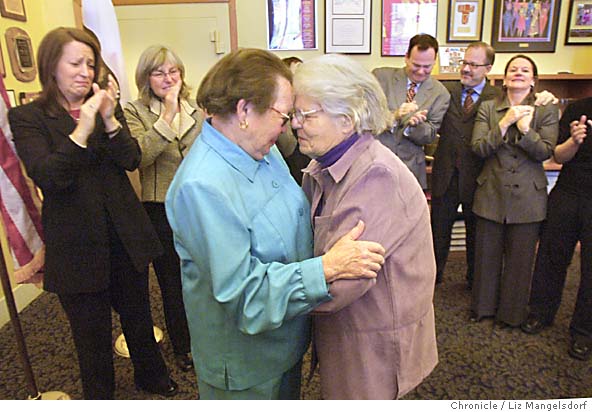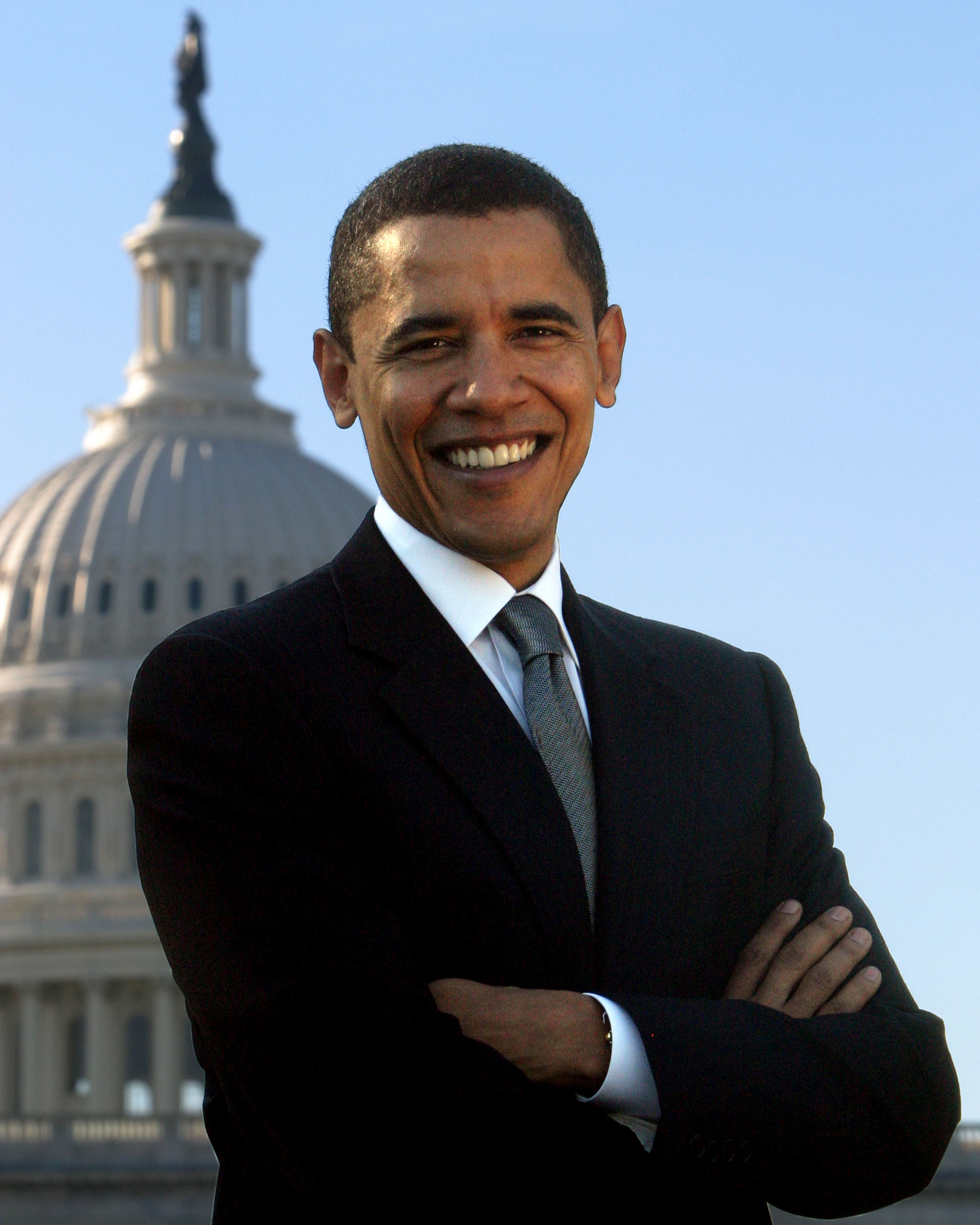By Nick Li
The 2008 economic collapse will be studied for years to come by economists of all stripes. While some economists were able to look back and say "I told you so" many will be forced to rethink conventional wisdom. Alan Greenspan, who at one point was being canonized by everyone, now looks very foolish because of statements like:
Innovation has brought about a multitude of new products, such as subprime loans and niche credit programs for immigrants. Such developments are representative of the market responses that have driven the financial services industry throughout the history of our country … With these advances in technology, lenders have taken advantage of credit scoring models and other techniques for efficiently extending credit to a broader spectrum of consumers. … Where once more-marginal applicants would simply have been denied credit, lenders are now able to quite efficiently judge the risk posed by individual applicants and to price that risk appropriately. These improvements have led to rapid growth in subprime mortgage lending; indeed, today subprime mortgages account for roughly 10 percent of the number of all mortgages outstanding, up from just 1 or 2 percent in the early 1990s.
Similarly, many economists who had predicted that the next great crisis would be a collapse of the US dollar due to the accumulation of "global imbalances" (the massive US current account deficit and government debt held by foreign investors, especially sovereign wealth funds and central banks) turned out to be wrong (so far) – the financial distress that originated in the US housing sector resulted in a flight to safety to US assets and US treasuries have never been perceived as safer. Even the usually brilliant Nobel Laureate Paul Krugman, who correctly predicted the housing bubble, missed the recent speculative oil bubble. Well, I shouldn’t presume to know that Krugman is wrong – perhaps he has some as yet unpublished analysis of how fundamentals drove the large and rapid increase and decrease in oil prices since 2007 – but the fear of $200 a barrel oil that some analysts were predicting certainly seems far off.
Prognostication is always a dangerous game in economics – anyone batting above .500 would be immensely wealthy if they ever put their money where their mouth is – but we are very good at hindsight. Or so I thought until I saw the level of the debate today. Apparently our profession has yet to reach a consensus about how the US got out of the Great Depression – see the recent work by Robert Barro or Lee Ohanian. While the level of disagreement over fundamental issues can be disheartening, it is also exciting for young researchers in the field seeking to make a name for themselves. Apparently there are many more open questions than anyone thought. The debates that will be played out in Academia and in policy circles in 2010 and beyond include:
-
Monetary policy – objectives beyond low and stable inflation?
-
Regulating finance
-
How to get out of recessions?
In the next few weeks I will try to lay out the lines of debate and their main proponents. Continue reading

 By Nick Li
By Nick Li By Nick Li
By Nick Li
 By Nick Li
By Nick Li By Nick Li
By Nick Li